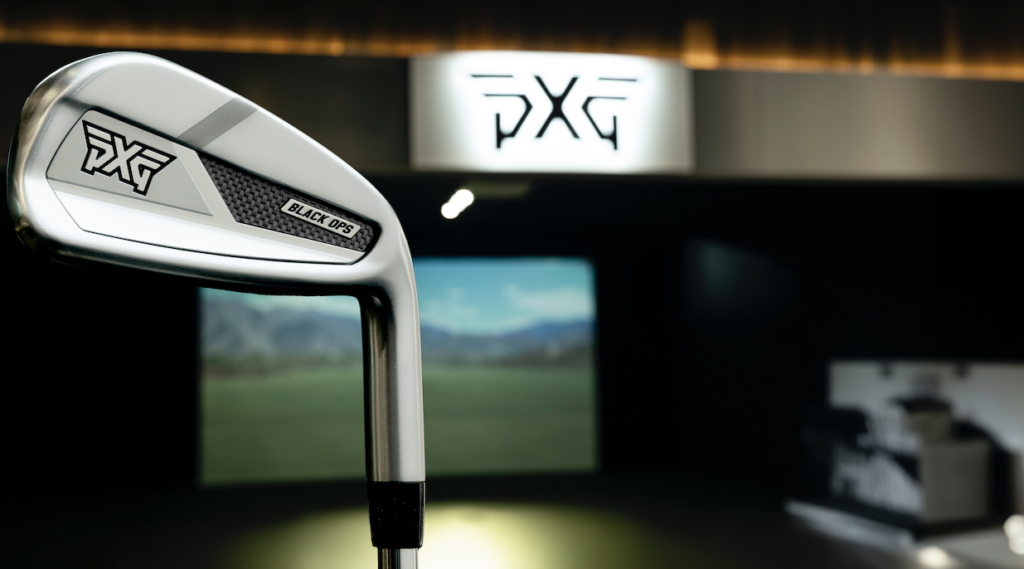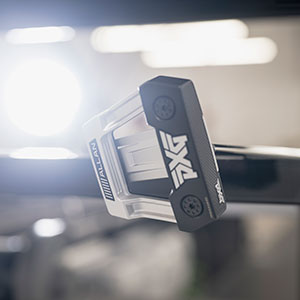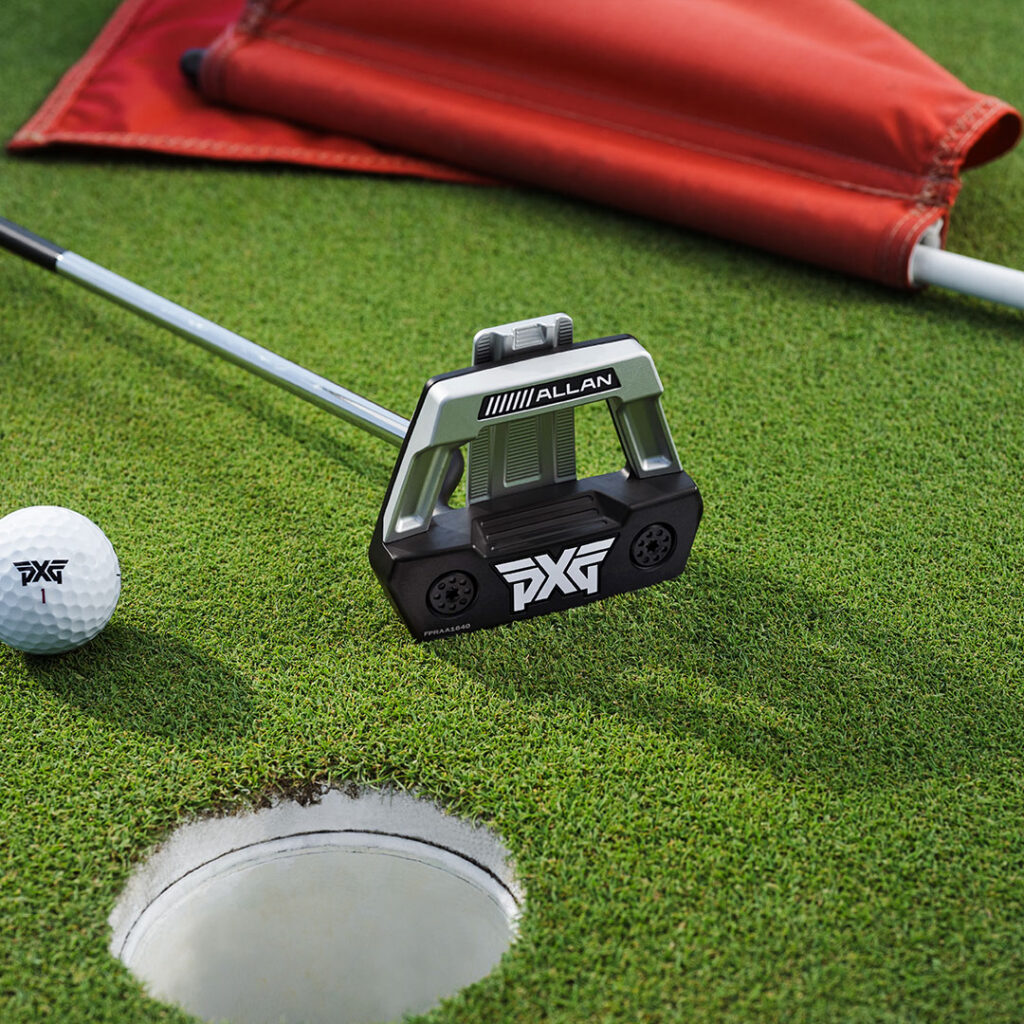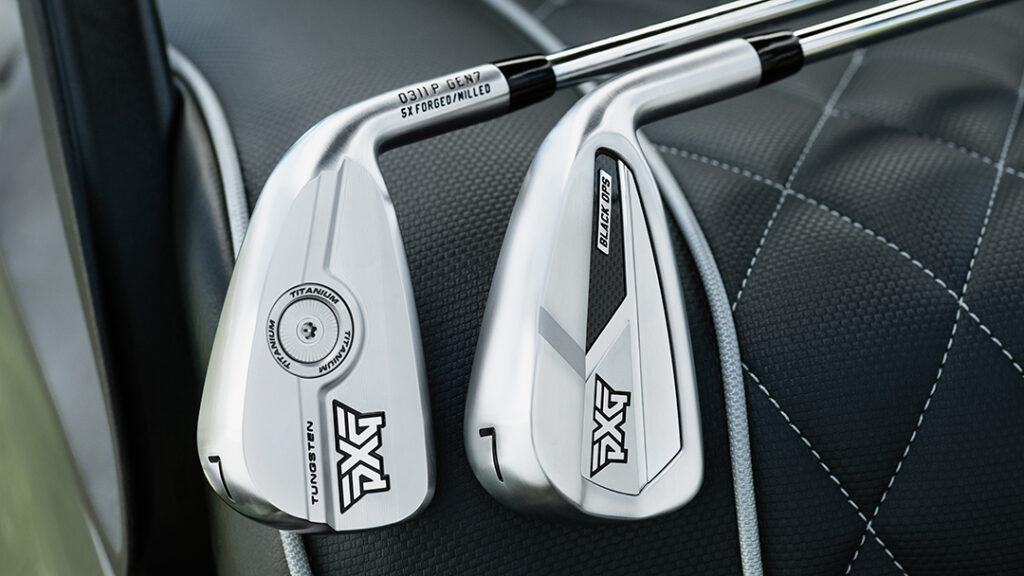
If you’re an avid golfer and you’ve been in the market for a new set of irons, you have likely asked yourself, “What is the difference between cast and forged golf equipment?”
Are forged golf clubs worth the extra money? Will cast golf clubs provide the sound and feel you’re looking for? What are the differences between the two manufacturing processes? Let’s delve in to answer all those questions in relation to PXG equipment and give you the information you need to make the best decision for your game.
What Is Casting?
Investment casting is an efficient method for creating complex geometries and requires no secondary processes, such as milling, to achieve the final form. The process involves heating a metal until it is molten and then pouring it into a mold.
PXG uses ceramic molds created by using tooling to make a wax replica of the part. The wax parts are assembled on trees before going through a ceramic slurry dipping process. Once the molds are formed, the ceramic is heated to melt and remove the wax. Molten metal is then poured into the mold.
Controlling the cooling curve is very important to producing a high-quality cast iron.PXG has the solidification process down to an exact science to ensure clubhead integrity. Once cool, the ceramic molds are broken, and the metal parts are removed from the tree for finishing.
This process also supports the creation of extremely thin-walled structures which is why it is used to form drivers, fairways, and hybrids as well.
What Is Forging?
Forging starts with a solid piece of metal – block, billet, or ingot. The process then uses heat, metal tooling, and compressive forces to alter the material’s shape.
PXG uses multiple sets of tooling to tighten the metallic grain structure – which supports an enhanced sound and feel – to achieve a clubhead’s final shape.
All forged PXG Irons also go through a highly precise CNC milling process. This helps create intricate detail and reduce the wall thickness more than forging alone can to deliver a high-performance body design and enhanced aesthetics.
Summarizing the Manufacturing Process: Cast Versus Forged
Simply put, forging works with a solid metal material using compressive forces to achieve a desired shape; whereas casting works with liquid metal, poured into a mold to form the desired geometry.
Comparing PXG Cast Golf Irons and Forged Golf Irons
At PXG, we offer both cast and forged irons: our 2021 0211 DC Irons are cast, and our flagship 0311 Irons are always forged.
PXG 2021 0211 DC Irons
Our 2021 0211 DC Irons features a high-strength,431 stainless steel body and incorporate our DualCOR system:
- Inner Core Technology – Extremely high coefficient of restitution (C.O.R.) soft polymer core provides increased face loading, while storing and rebounding more energy to the ball.
- Outer Core Technology – High-strength, high C.O.R. polymer provides increased structural stability to support an extremely thin, high-performance steel face.
- The volume of DualCOR material progressively changes throughout the iron set.

PXG 0211 Irons are available now, 4-iron through 60° lob wedge. Each club can be configured and purchased individually. All 0211 Irons are available to right- and left-handed players.
“0211s are an easy choice for players who simply want a sexy set of clubs that deliver unbelievable performance at a price you wouldn’t expect – certainly not from us.”
Founder and CEO, Bob Parsons.

PXG 0311 GEN4 Irons
Our 0311 GEN4 Irons are five-times forged from 8620 soft carbon steel, creating a tight grain structure that increases strength of the material, prolongs the life of the grooves, and enhances the overall feel and appearance.
Additionally, we incorporate our XCOR Technology – a proprietary polymer material that is bunny rabbit soft and off-the-charts explosive – and our Precision Weighting Technology.
Precision Weighting Technology was inspired by the outstanding adjustability of our metal woods and putters, and features a large weight located near the center-of-gravity (CG) on the back of the clubhead. This weight can be adjusted by 2-gram increments during a fitting to allow golfers to experience various head weight configurations and achieve optimal personalized performance.
Sound & Feel
Typically, advocates of forged irons may say that forged equipment sounds and feels a little more “solid” or “soft” at impact. That was until they took a swing with our 0211 Irons!
PXG’s 0311 GEN4 and 0211 DC Irons offer a hollow-body iron construction. Both feature the thinnest face in golf and, coupled with our patented XCOR and DualCOR Technologies respectively, create a sound and feel unlike any other iron on the market.
Price
Forged irons are typically priced higher than cast irons, which holds true when comparing PXG’s flagship 0311 GEN4 Irons with 0211 DC Irons. There are three simple reasons why.
Firstly, the manufacturing process and materials used while making forged irons costs more and is more time consuming than creating a cast iron.
Secondly, we take our time and pour every ounce of innovation into every club we release. Our flagship golf clubs however always introduce the latest in PXG technologies and support advanced personalization. Our 0211 DC Irons are informed by game changing technology currently in play by PXG that is further developed to meet the needs of a wide audience of golfers who may be more price sensitive and are unwilling to sacrifice performance. This enables us to keep pricing down, without sacrificing sound, feel and enjoyment.
Thirdly, our Founder and CEO Bob Parsons cut our margins to the bone on our 0211 DC Irons to give everyone a reason to experience PXG’s killer patented technology.
Still Trying to Decide? Come Find the Perfect Irons for Your Game with a PXG Fitting
Through a fitting at PXG, you can swing all our latest products. PXG Fitting Specialists are on-hand to dial-in your performance with clubs that suit your game and your wallet! To find out which of our irons perform the best for you, book a golf club fitting online with us or give us a call at 1.844.PLAY.PXG.



